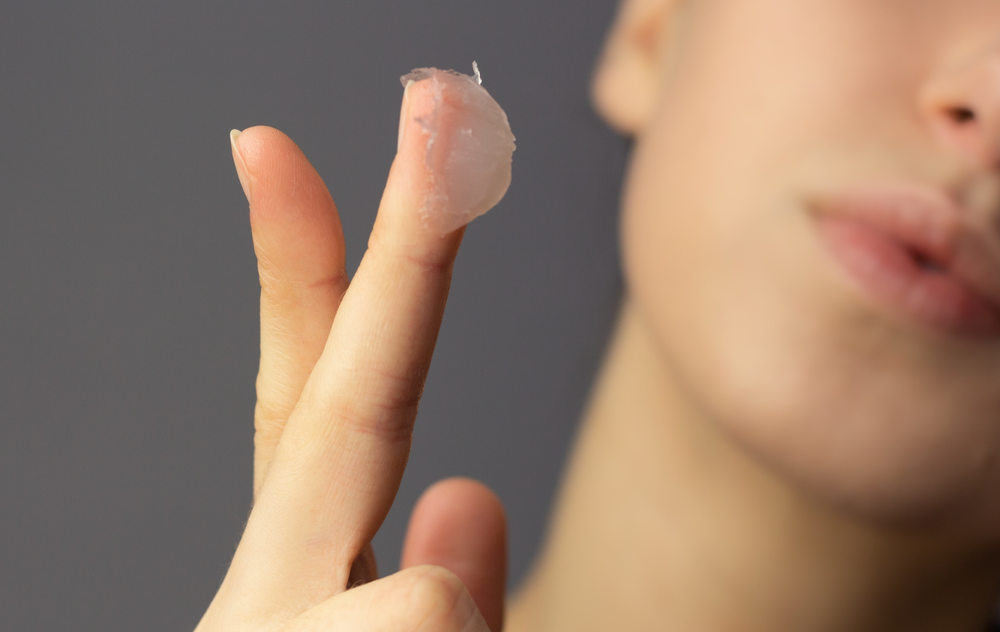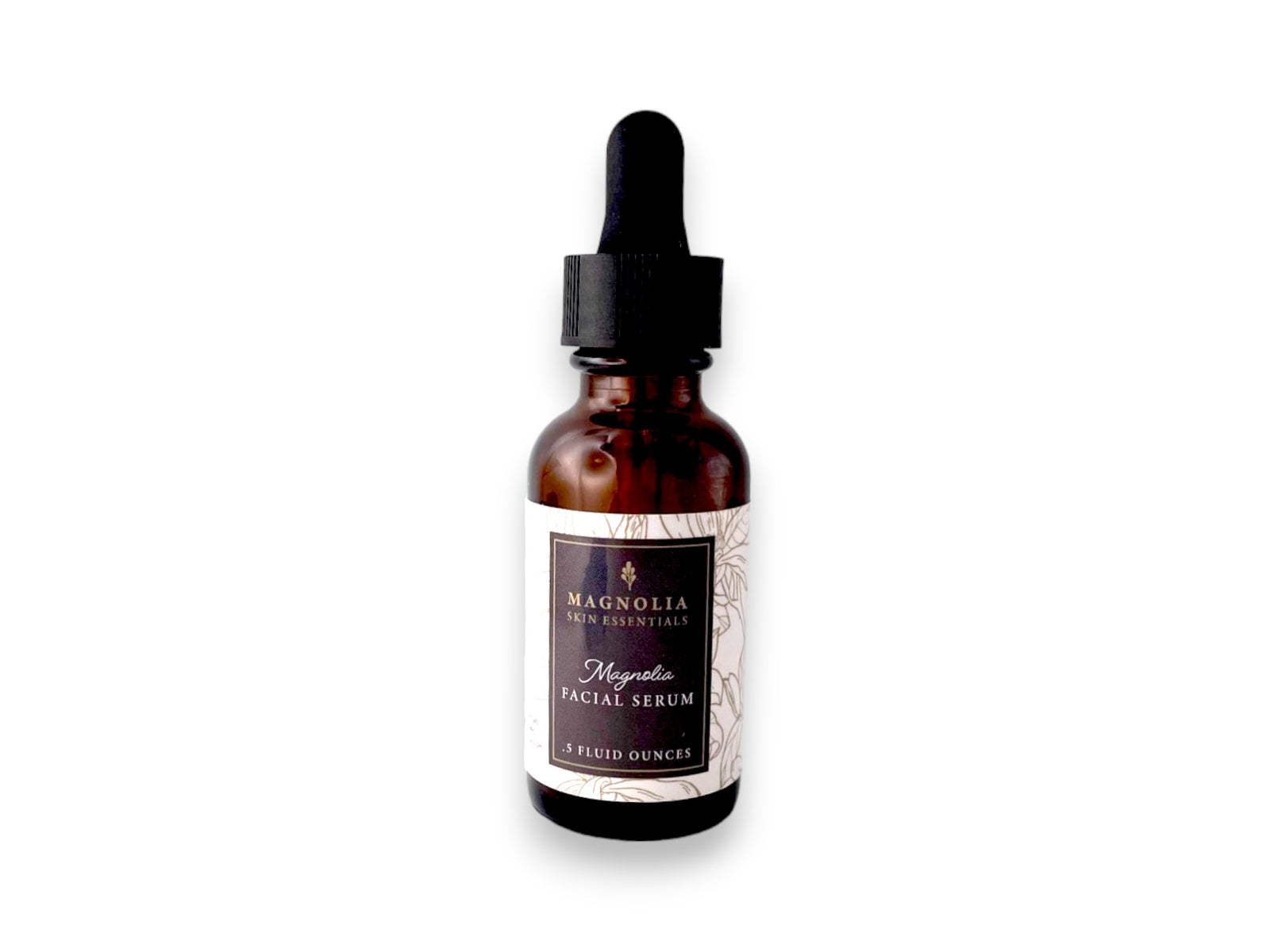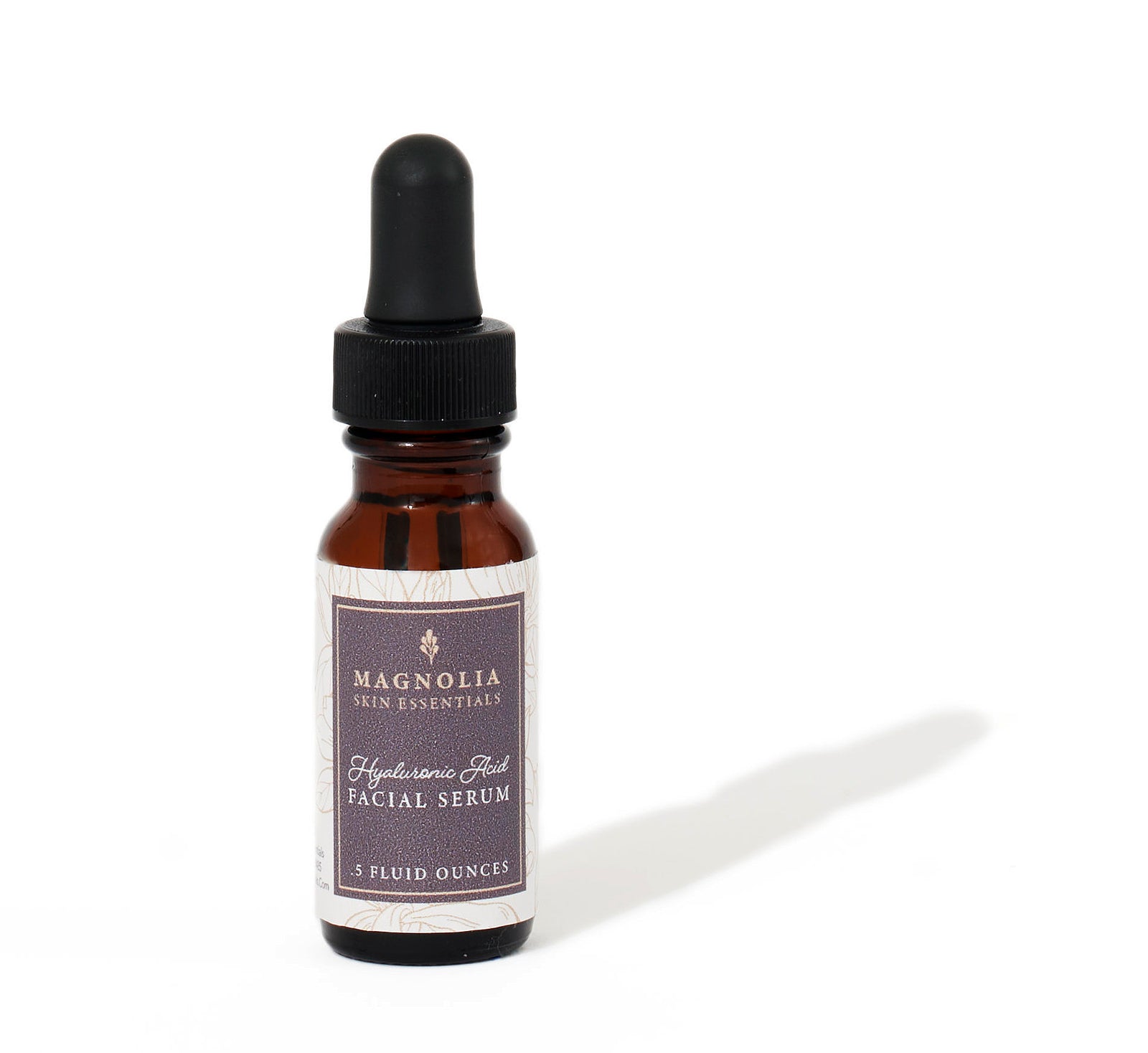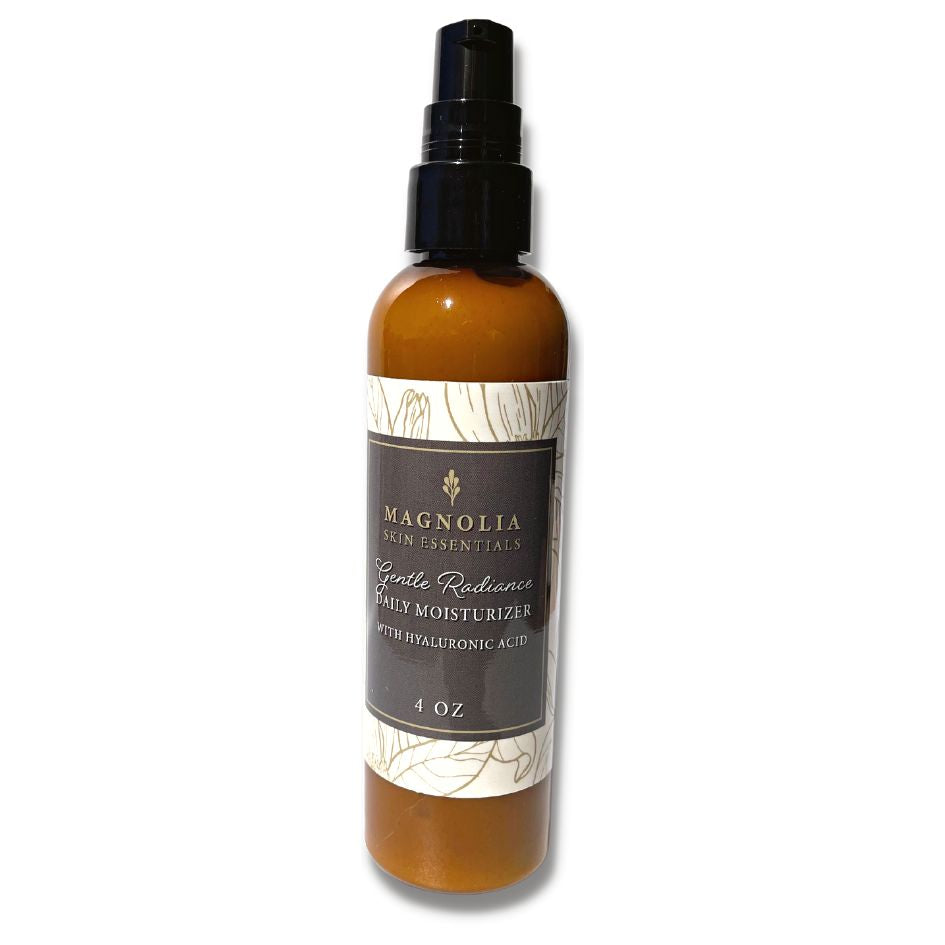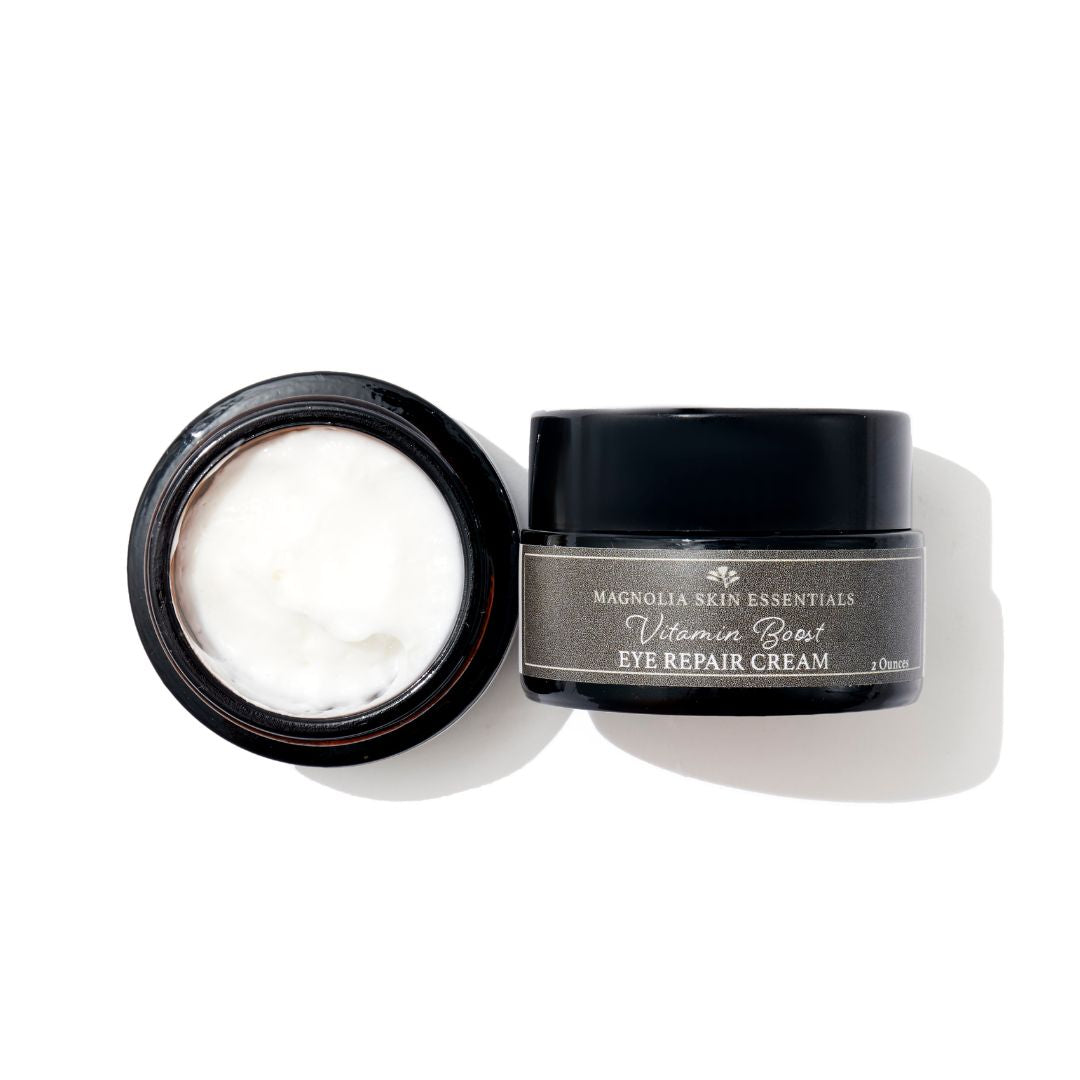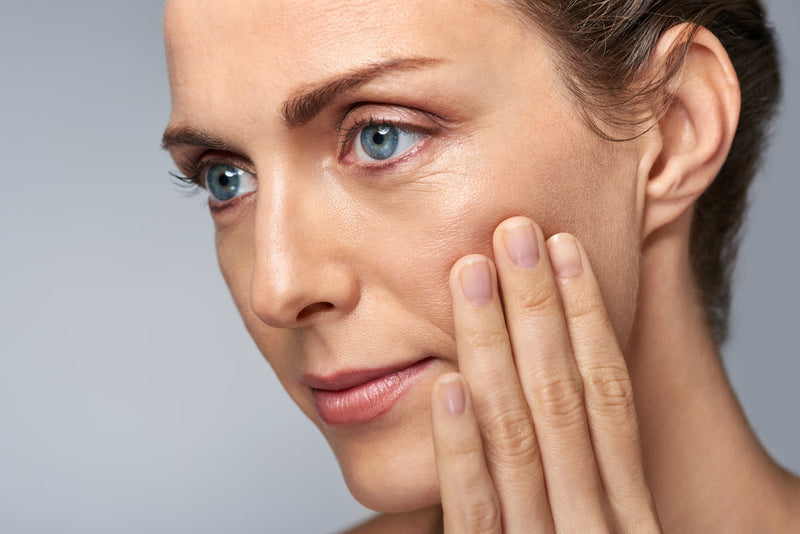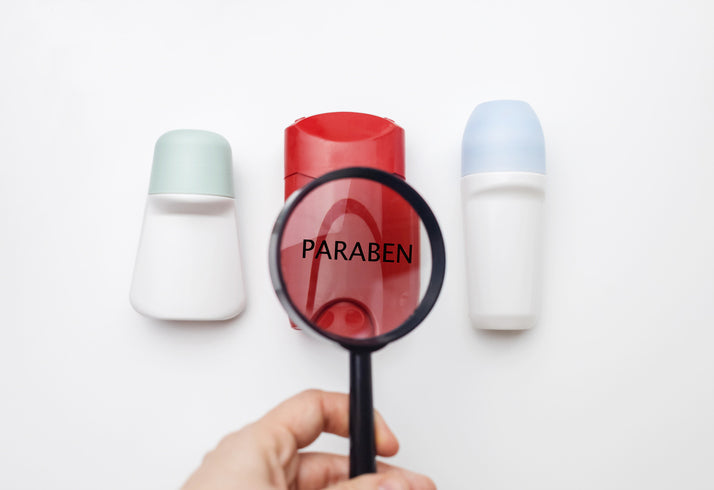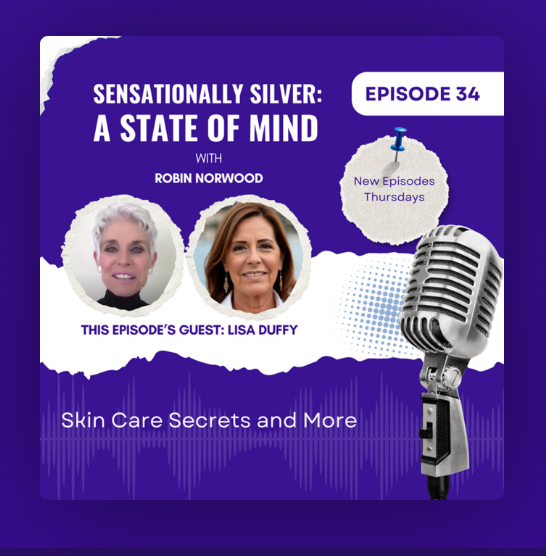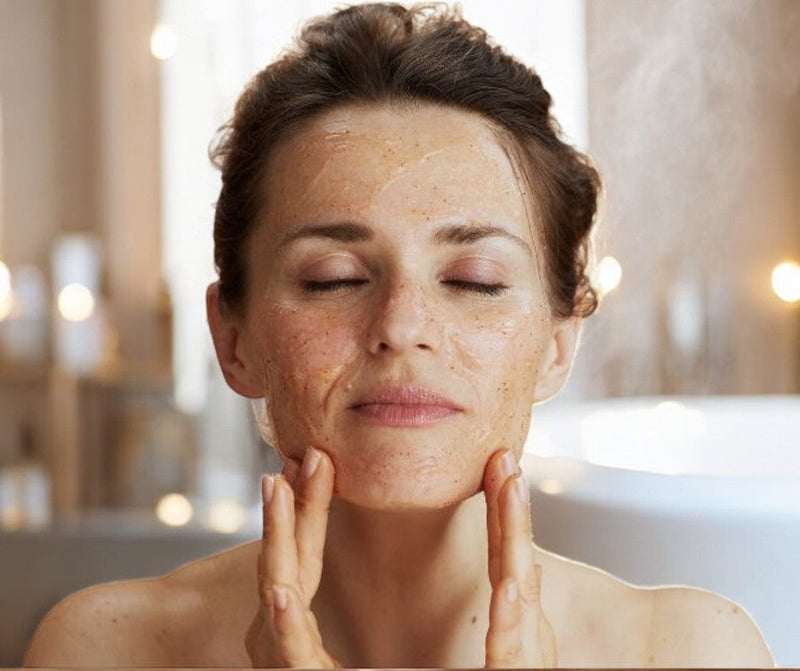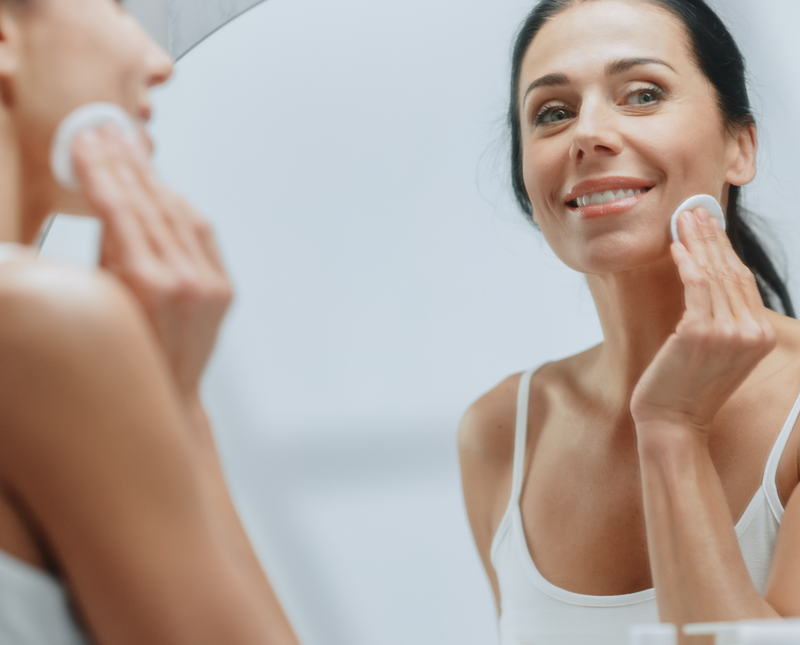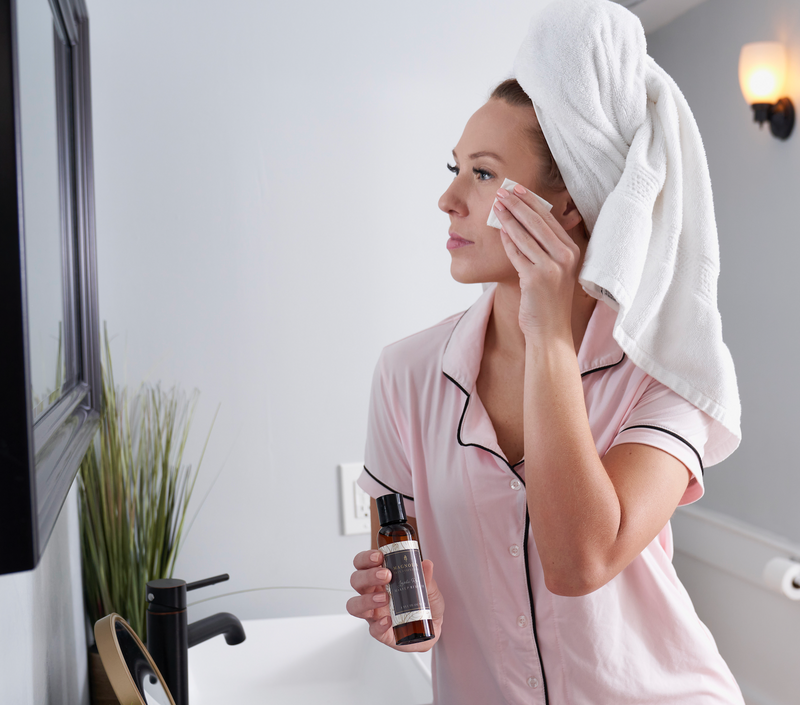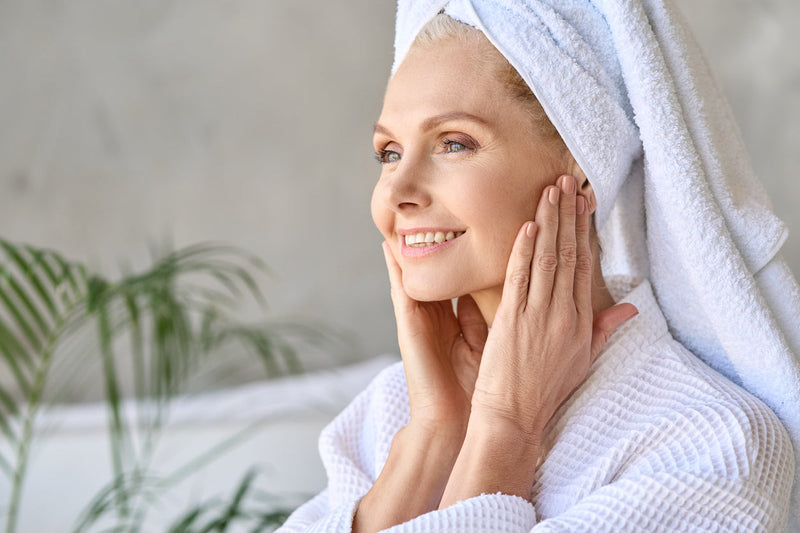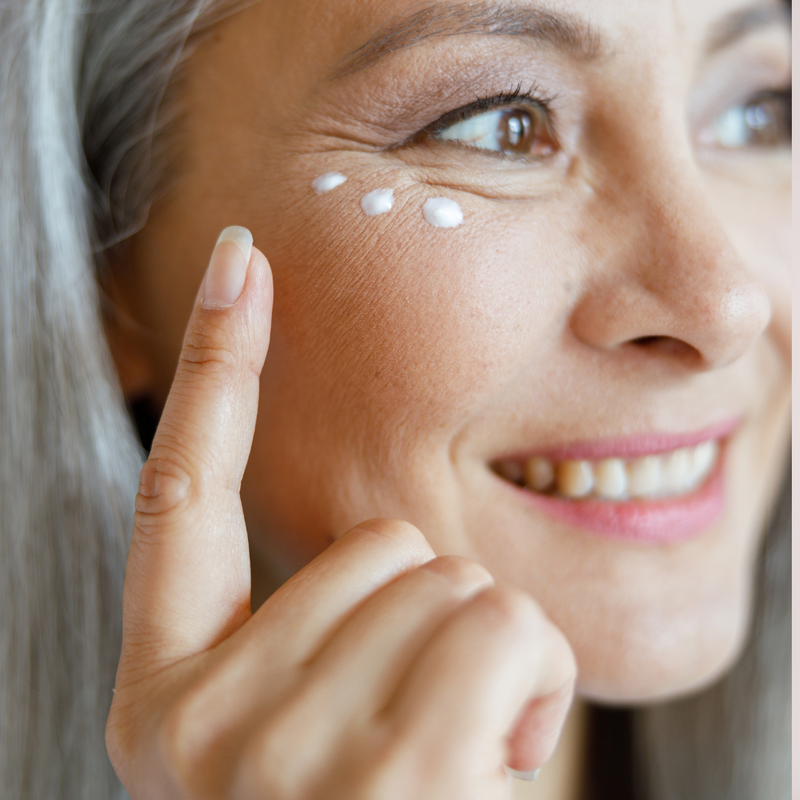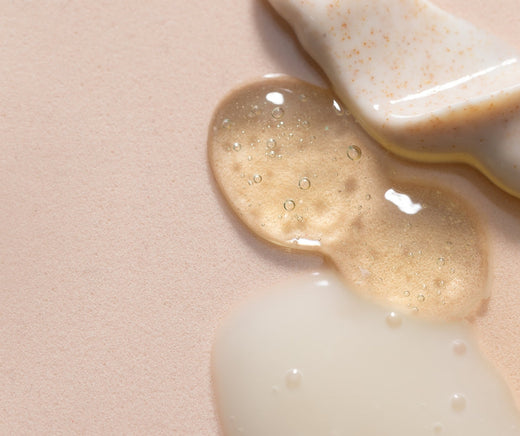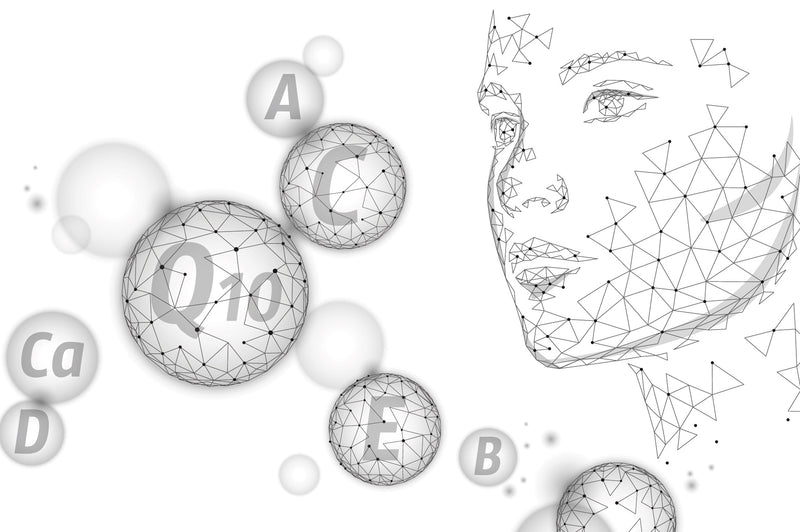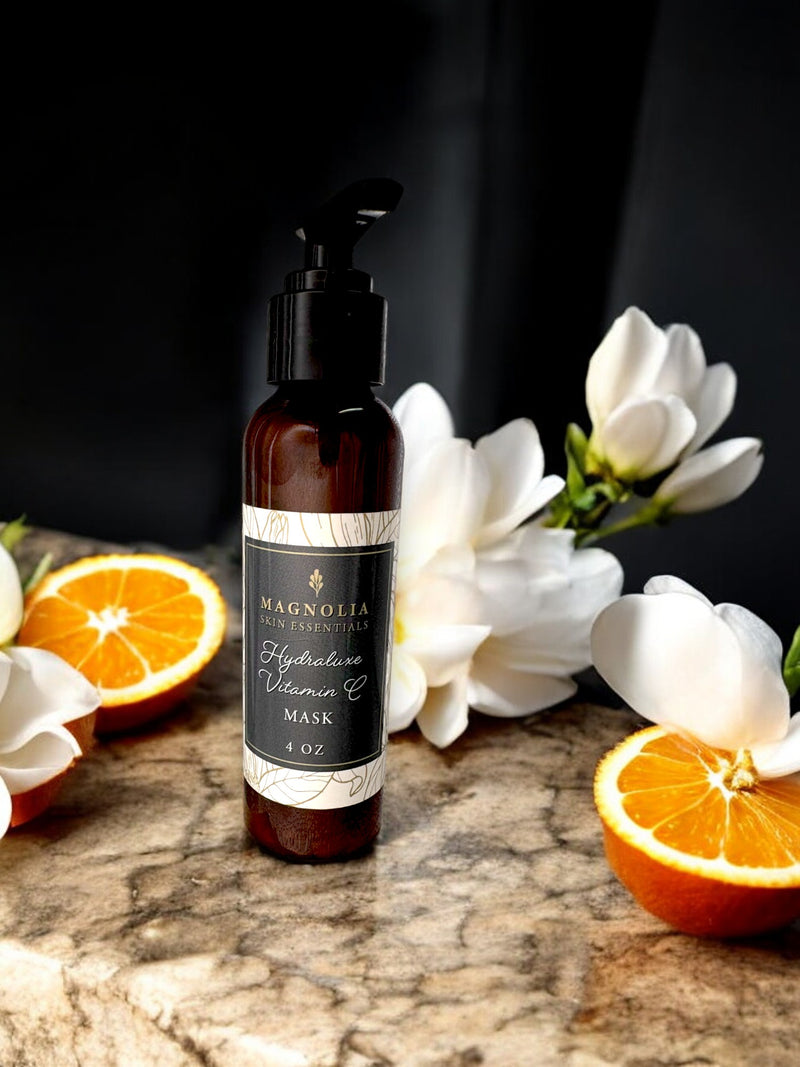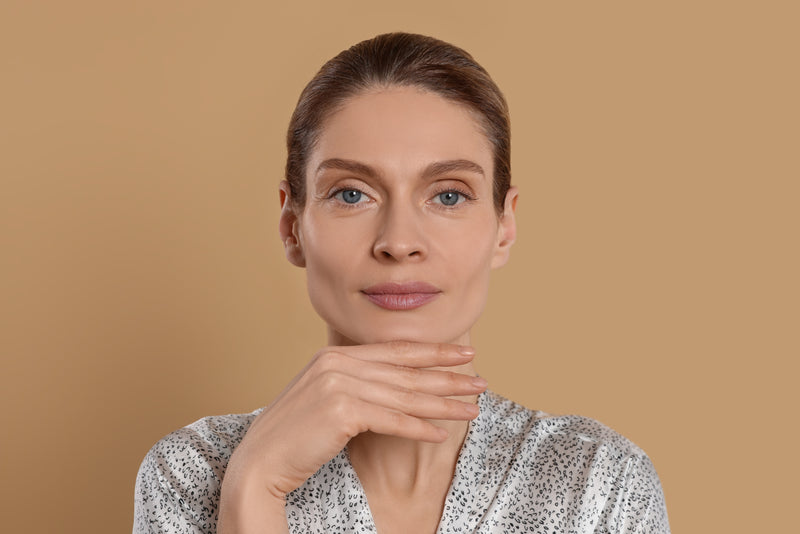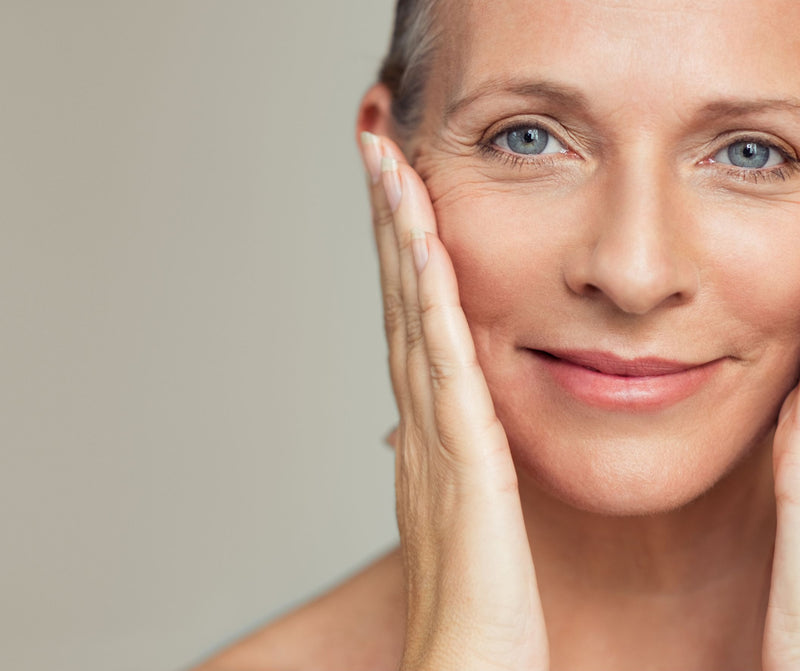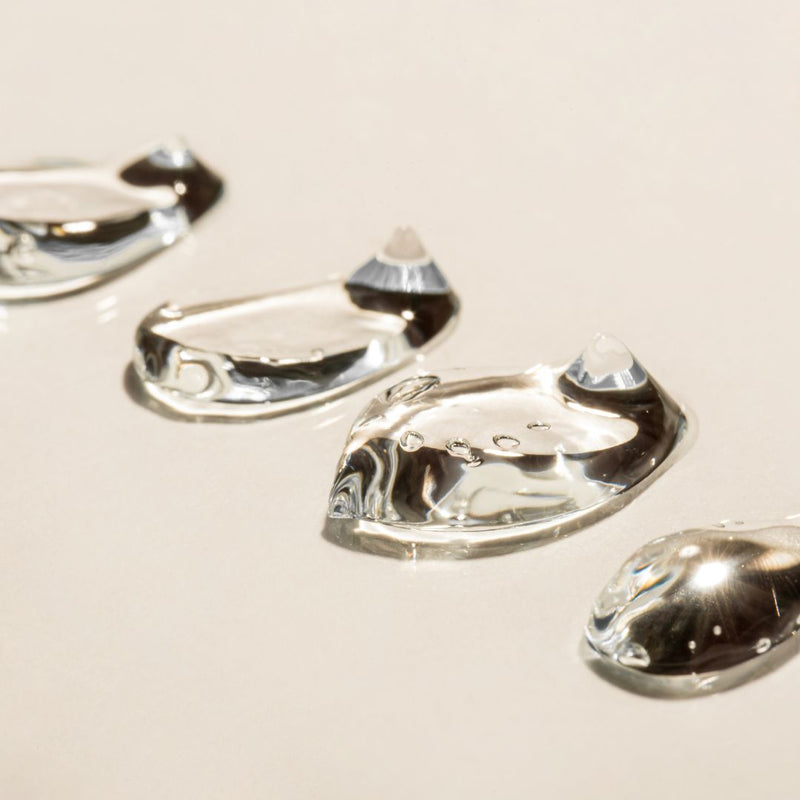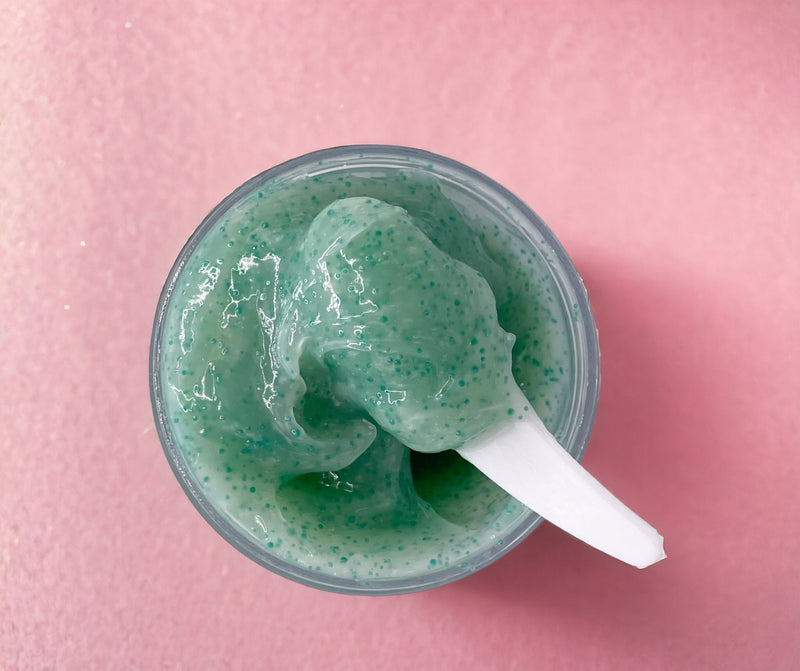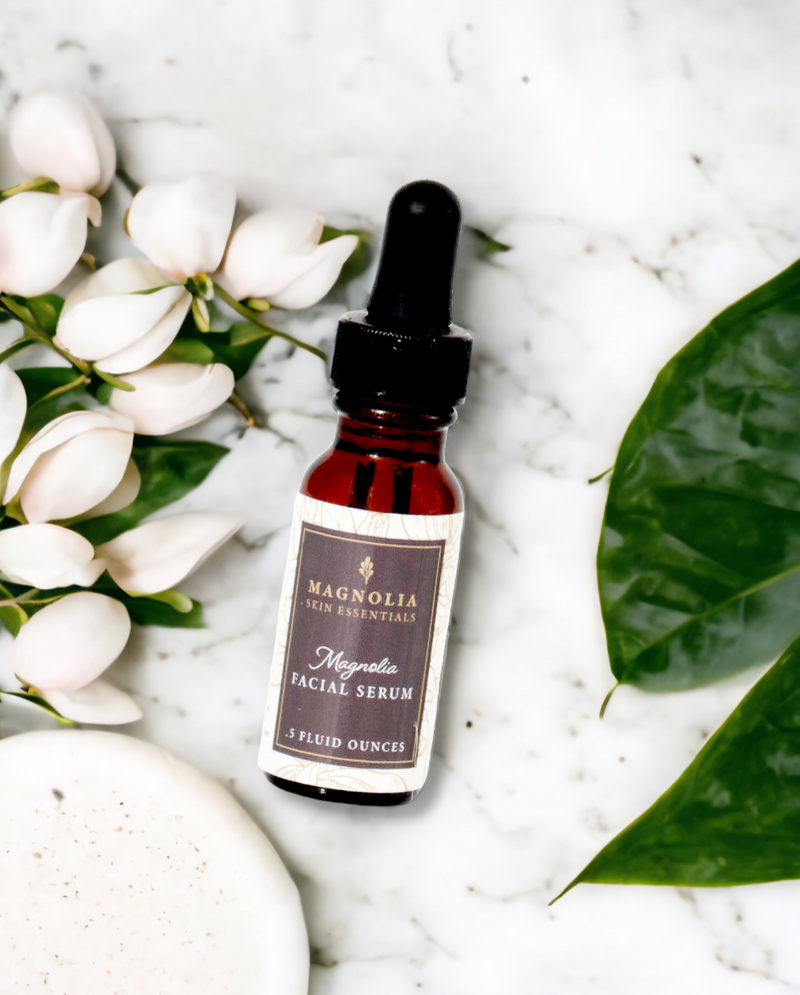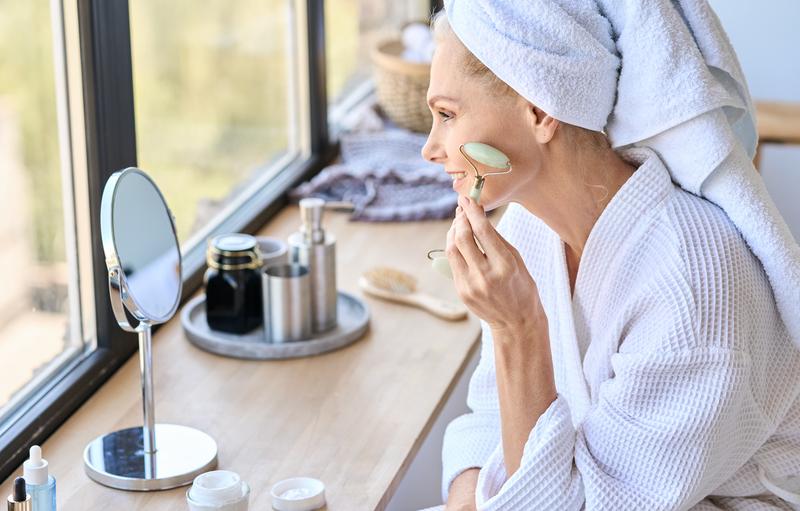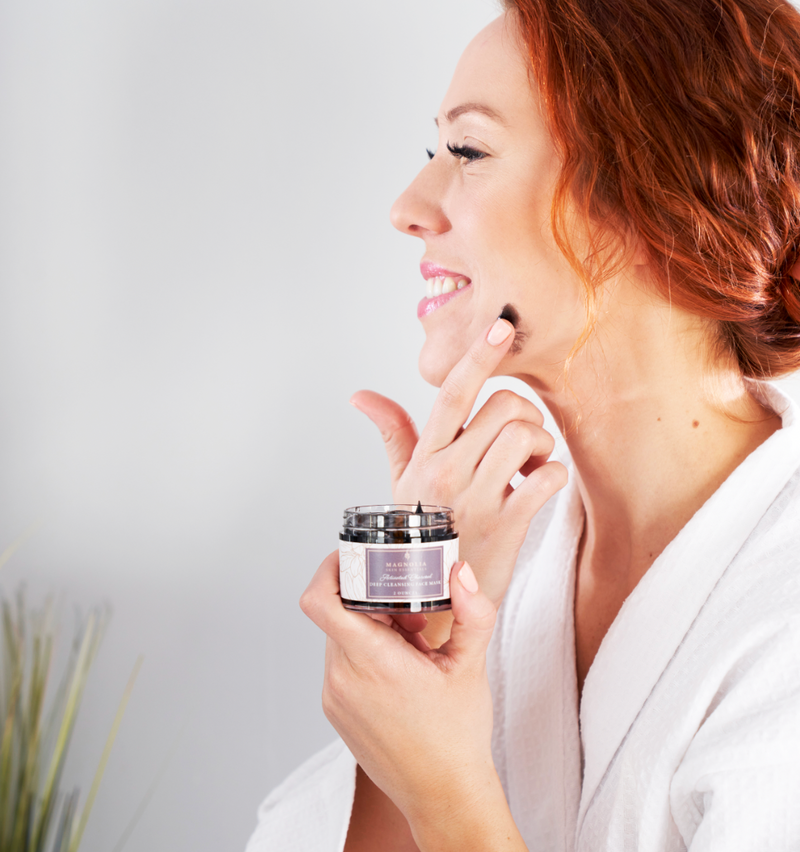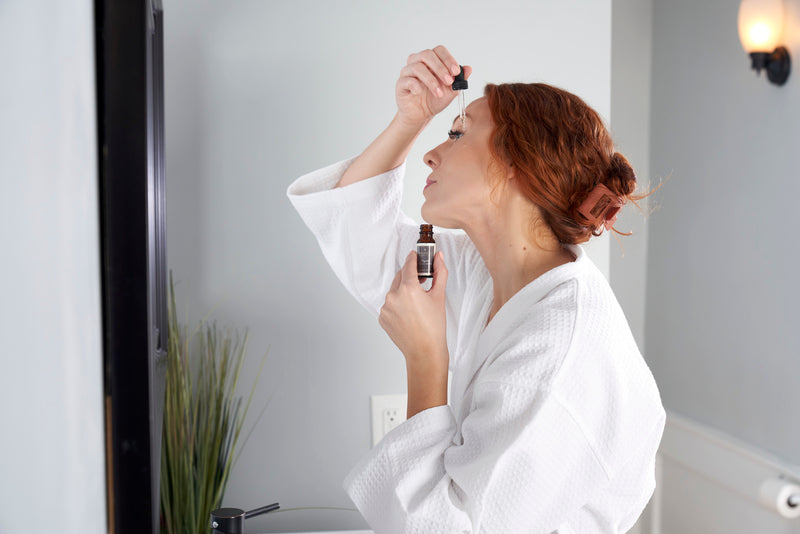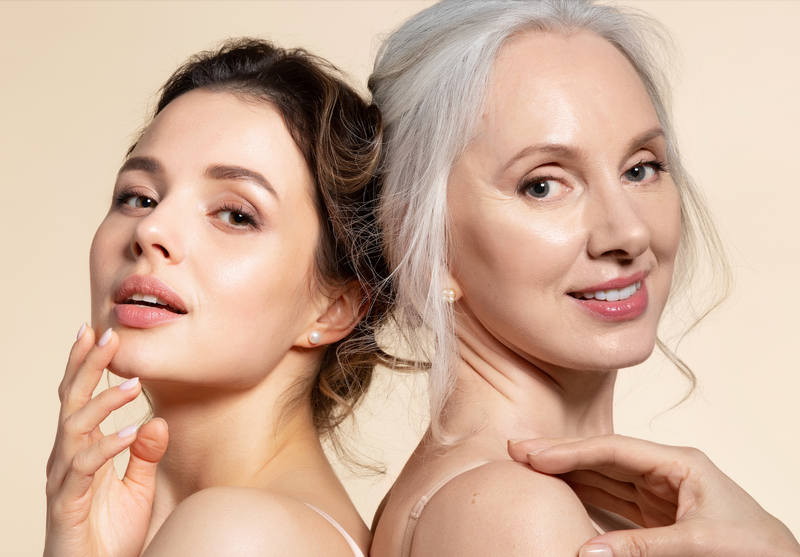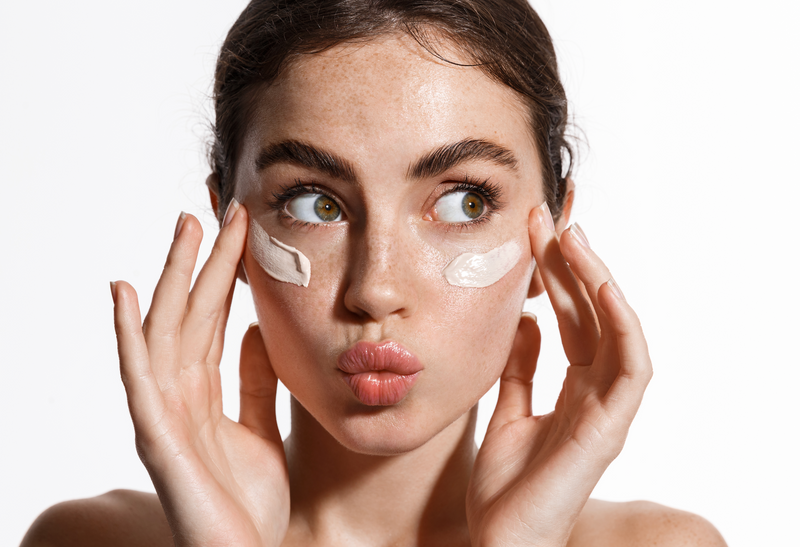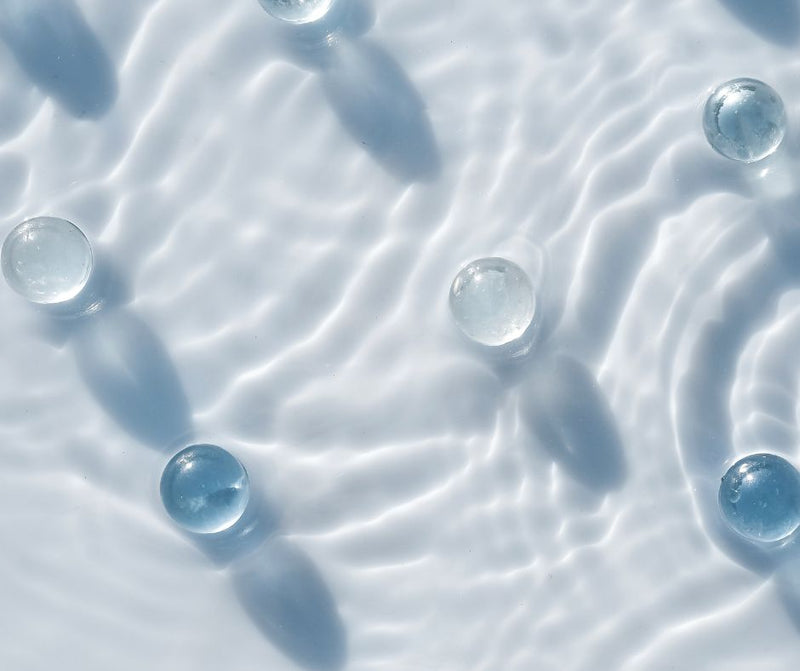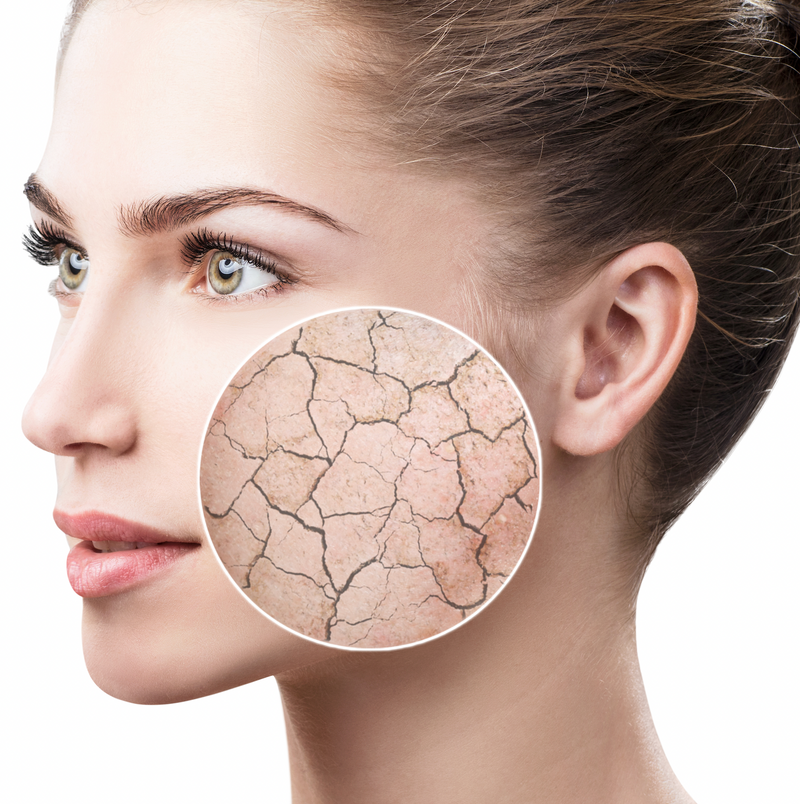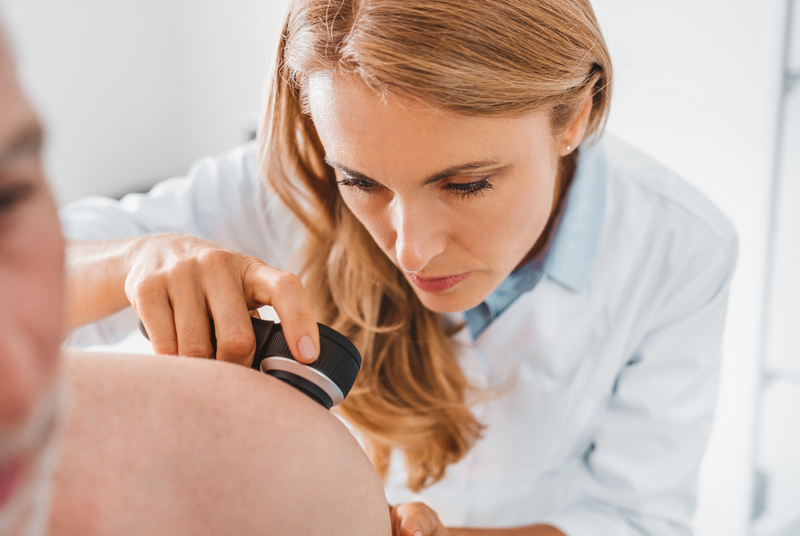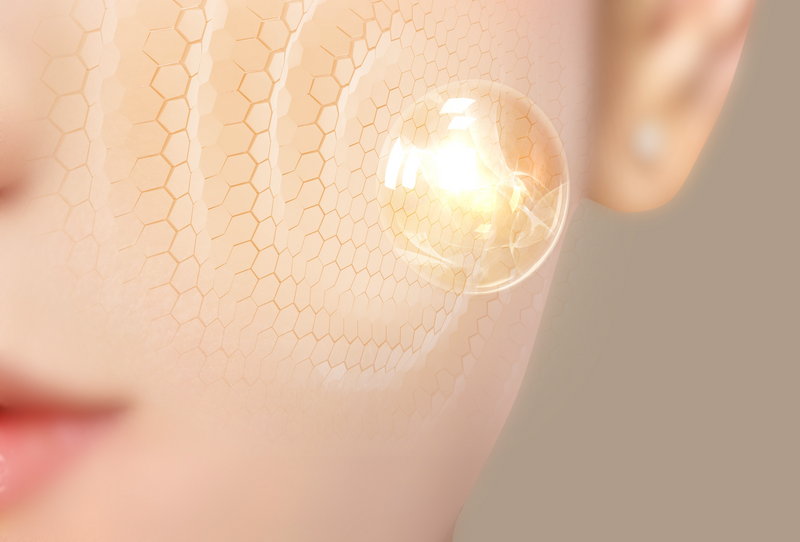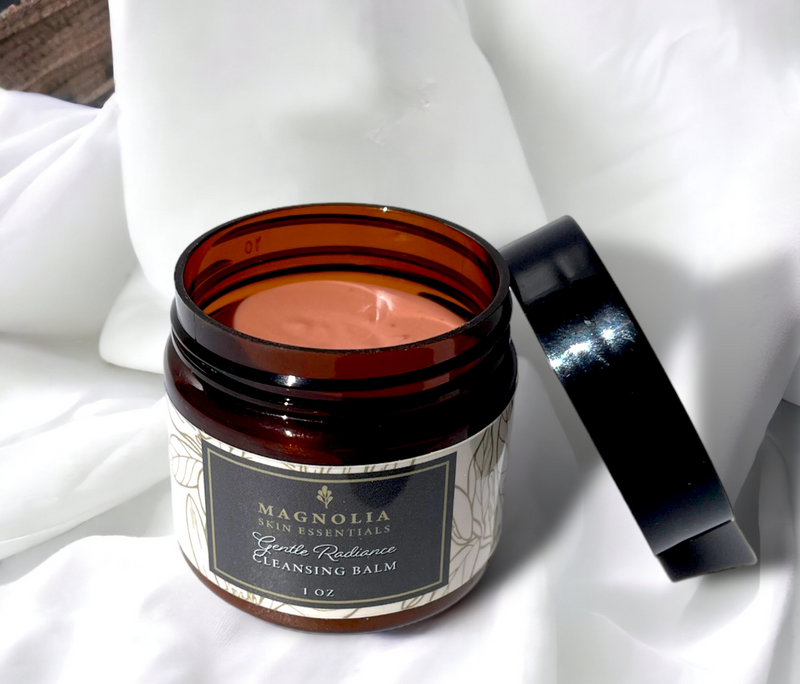If you're into skincare, you may have heard of the "slugging" trend, and many women swear by this tactic to achieve that youthful, dewy glow everyone is so obsessed with in the world of skincare. This phenomenon, which involves applying a thick layer of petroleum jelly or other occlusive (meaning to close up or block off) substance on your face before bed, is said to lock in moisture, leaving your skin plump, hydrated, and glowing. But is it really a good idea to slather petroleum on your face every night? In this post, we'll take a closer look at the "slugging" trend in skincare and separate fact from fiction.
What Is Slugging?
What exactly is "slugging," and why is it so popular? The term refers to the practice of applying an occlusive ingredient like petroleum jelly (Vaseline), Aquaphor, or lanolin to your face as the last step in your skincare routine. The idea is that this layer of goo will act as a barrier, preventing moisture from evaporating from your skin while you sleep. Some fans of slugging claim that it not only hydrates the skin but also helps to improve the appearance of wrinkles, acne, and hyperpigmentation.
Is It Safe?
Here are some things for you to consider:
While occlusive ingredients like petroleum jelly do provide a barrier that helps to keep moisture in, the biggest concern is that this thick layer can trap bacteria and sweat on the skin, leading to breakouts and irritation. If you're already prone to acne or clogged pores, "slugging" may not be the best option for you. Additionally, some people may find the texture of the occlusive substance uncomfortable or too heavy on their skin, especially if they have oily skin. Moreover, if you have sensitive skin, you may find that petroleum jelly and other occlusive ingredients cause redness, itching, or a burning sensation.
That said, for most people, occlusive ingredients are considered safe. We definitely recommend being aware that Vaseline and Aquaphor both contain petrolatum (Vaseline 100% and Aquaphor around 40%). While petroleum has been deemed safe for decades to use on skin, it is derived from a fossil fuel and may contain contaminants. It has caused skin irritation and allergic reactions in some people, so just be aware of any potential issues.
How To Slug
Apply the product as the last step in your skincare routine, after any serums, moisturizers, or other treatments. And apply only a thin layer—there's no need to slather on a thick layer of petroleum jelly. Finally, make sure to wash your face thoroughly in the morning to remove any residue from the previous night.
Which Magnolia Skin Essentials Products Are Best For Slugging?
The best products to use in the slugging process would be:
Day & Night Whipped Moisturizer
Gentle Radiance Daily Moisturizer with Hyaluronic Acid
Vitamin Boost Eye Repair Cream
Conclusion
So, is slugging good or bad for your skin? The answer, as with many skincare trends, is "it depends." If you have sensitive or acne-prone skin, or if you don't like the feeling of a heavy layer of petroleum jelly on your face, it may not be for you. However, for most people, slugging is an effective way to hydrate your skin while you sleep. As with any new skincare trend, it's always a good idea to patch test the product first and keep an eye out for any adverse reactions.

